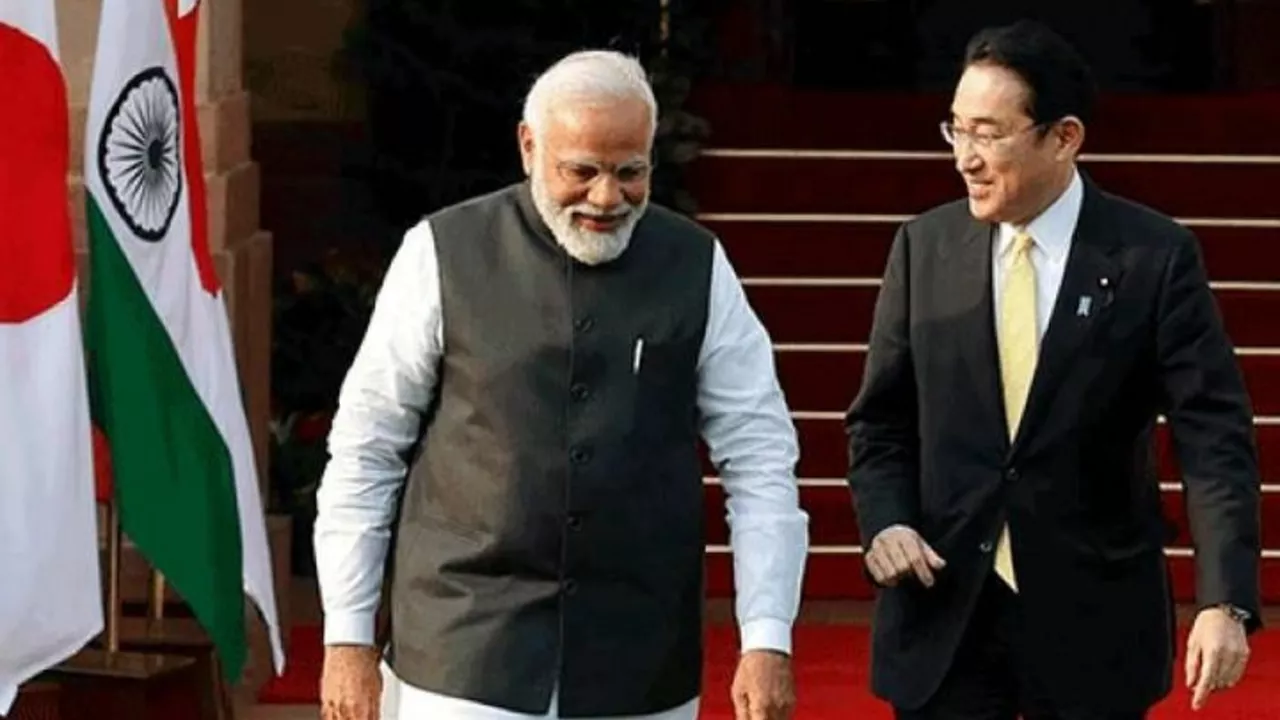Covid Cooperation: Real‑World Ways Countries Worked Together
When Covid-19 hit, the world didn’t wait for a single nation to sort it out. Governments, scientists, and NGOs scrambled to share what they knew, what they had, and how they could help.
First up, data. Early on, countries with strong testing systems posted case numbers, genome sequences, and spread patterns online. That open data allowed researchers everywhere to track new variants in near real‑time, speeding up vaccine design and public‑health alerts.
Vaccine Sharing: From COVAX to Bilateral Deals
The biggest headline was vaccine distribution. Wealthy nations bought large batches, but they also pledged doses to low‑income regions through the COVAX program. In addition, some countries struck direct deals—think India sending millions of doses to neighboring nations, or the US donating Johnson & Johnson vaccines to Africa. These moves helped lower death rates in places that would otherwise have waited months for protection.
Beyond just shipping vials, there was tech transfer. Companies opened up production lines in places like Brazil and South Korea, letting local factories make the shots that were originally developed abroad. That not only sped up supply but also built manufacturing capacity for future health crises.
Coordinated Public‑Health Actions
Travel restrictions, quarantine rules, and mask mandates looked different from country to country, but many governments coordinated through the World Health Organization. Regular briefings kept everyone on the same page about risk levels and recommended measures.
Financial aid was another pillar. International bodies such as the World Bank and the IMF set up emergency funds to help struggling economies keep schools and hospitals open. By plugging fiscal gaps, these programs prevented the pandemic from turning into a full‑blown economic disaster in many regions.
So what can we learn? First, transparency works. When nations publish clear data, the whole planet can react faster. Second, sharing resources saves lives—whether it’s a vaccine dose, a ventilator, or a piece of research. Finally, global institutions matter. They act as the glue that holds cooperation together, even when political winds shift.Looking ahead, the same playbook can handle the next outbreak. Keep data streams open, support vaccine equity, and fund health systems before a crisis hits. The Covid‑19 story shows that when countries put aside ego and work together, the curve can be flattened faster than any single nation could do alone.

PM Modi talks Covid cooperation with Japanese counterpart?
In a recent discussion, PM Modi and his Japanese counterpart engaged in conversation about Covid cooperation. They focused on ways to strengthen ties and collaborate efforts in battling the ongoing pandemic. It was an enlightening dialogue, highlighting the importance of international cooperation in these challenging times. The leaders also discussed potential strategies to ensure public health and safety. As a blogger, I find such interactions to be crucial in our shared fight against this global crisis.
Read More